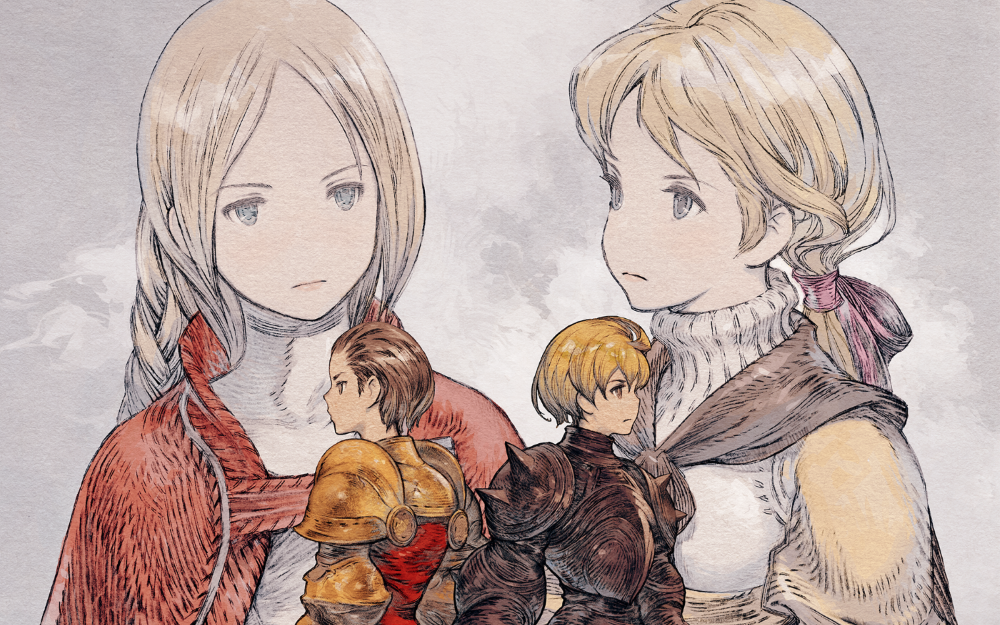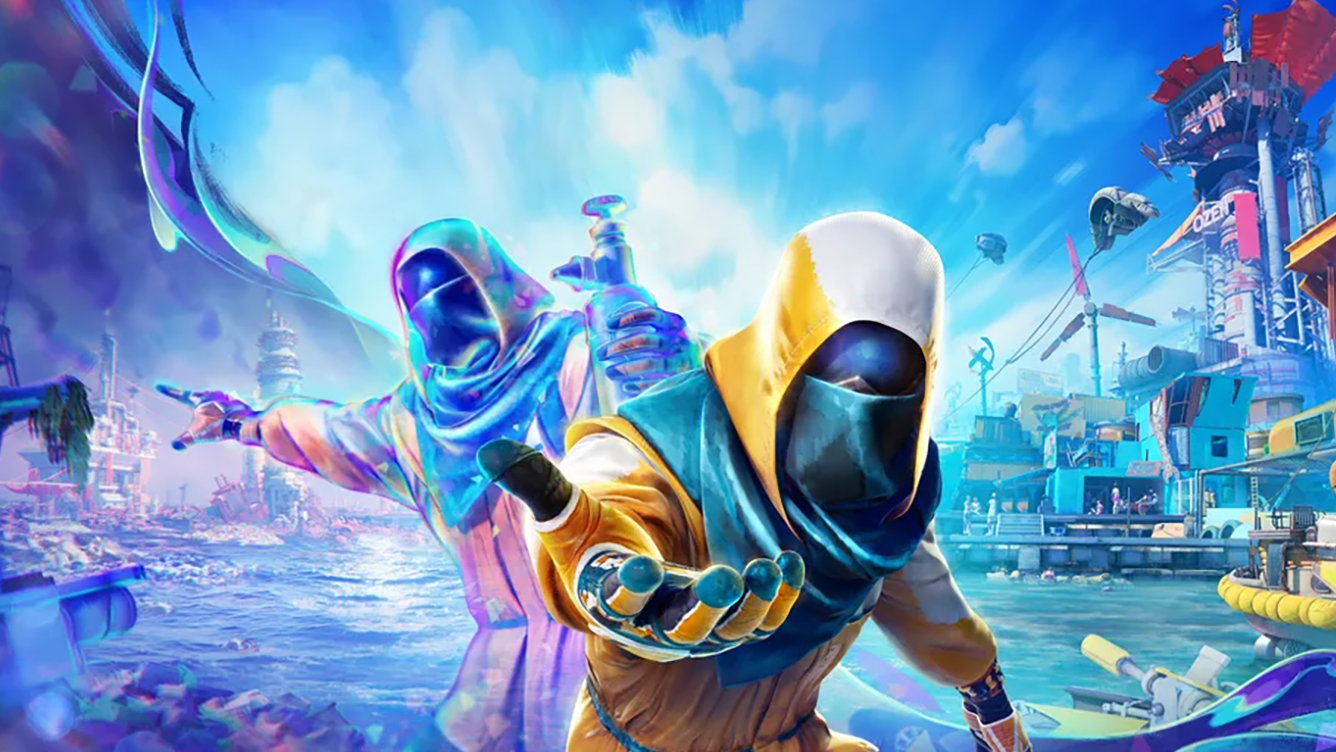
The Woman King is in theaters on Sept. 16, 2022.
The Woman King is a refreshing departure from the current spate of action films that are mostly tied to superhero titles. Instead, director Gina Prince-Bythewood (The Old Guard) gives us a period piece about the real-life inspired female warriors of the African Kingdom of Dahomey known as the Agojie. Viola Davis is their world-weary yet fierce General Nanisca, who trains the women of her tribe and the captured women of other tribes to become elite warriors of unparalleled respect. The script itself is a bit surface when it comes to the complexities of the social and political tribe dynamics of the time, but the ensemble cast elevates even the soapiest subplots to make this a story worth watching.
Set in West Africa of 1823, a title plate explains the basics of the tribe structure between the more populous Oyo Empire and the Kingdom of Dahomey. The latter valued its women warriors so much that they had gender parity in their upper echelons of power, including an all-female guard known as the Agojie. They fought alongside their male counterparts and the most lauded could even ascend to the title of Woman King, who was the respected reign mate to the King.
However, that gender parity doesn’t cross tribes, or even trickle down to individual Dahomey households, where fathers commonly sell their daughters off to wealthy, older men regardless of treatment or their daughter’s wants. Nawi (Thuso Mbedu) is one of those girls, who balks at being given to a violent old man and fights back. Fed up with her brazen ways and lack of value, Nawi’s father gifts her to King Ghezo (John Boyega) and she is given the opportunity to join the Agojie. Despite the brutal training process overseen by General Nanisca, Nawi finds agency and friendship amongst her fellow peers and is mentored by the elite warrior Izogie (Lashana Lynch). They cultivate a sisterhood that is joyous to watch and root for as they become a found family inside the king’s palace.
Nawi eventually joins the ranks of the Agojie as they prepare to battle a myriad of outside threats including the oppressive Oyo, who demand increased tribute prices in exchange for protection from transatlantic slave traders frequenting their local ports. One of the most interesting moral quandaries of the film is witnessing how both the Dahomey and the Oyo are complicit in helping the slave trade. Each has amassed great wealth selling their prisoners to the slavers to fill their coffers, perpetuating a vicious cycle of preying on one another for profit. It’s Nanisca who sees how the raids and ongoing battles between the tribes are hurting their own, and she tries to influence Ghezo towards new industries like palm oil to get out of the blood trade.
While that hypocrisy is compelling to watch play out, it doesn’t extend to the other major conflicts in the story. Dana Stevens’ script has a tendency to set up the conflicts of the region in arguably far too binary terms. The Oyos are painted as the baddies with the Dahomey the progressive good guys, even with their contributions to the selling of their countrymen. The nuances of ancient tribe dynamics are whittled down to the super basic, so that we can follow along easily. But that undercuts what could have been a more complex exploration of the realities of West African history. Instead, the screenplay goes the more populist route by leaning on far too many melodramatic subplots, including secret pregnancies, a romance with a handsome European, political machinations by Ghezo’s trophy wife against Nanisca and a rapist nemesis. But the bulk of those stories do land because the cast is so damn good in selling the humanity within them. Still, the sheer volume of side stories makes the film feel bloated by the 75-minute mark, which is only exacerbated by a rolling ending that should have been culled back for more emotional impact.
But even with those quibbles, The Woman King is very much an engaging movie about the ingenuity and compassion of the Agojie warriors. Watching them train, support, and battle next to one another is rousing and inspiring. Prince-Bythewood continues to exhibit a great eye when it comes to blocking compelling action sequences. And because the women are very much human, the stunt work is remarkably grounded in the realism of their training and their prowess with their weapons of choice. The result is exhilarating combat sequences that feel real and tactile. And while some might be tempered by the boundaries of its PG-13 rating, the dialing back of the gore and splatter doesn’t diminish the film at all.
Viola Davis is the emotional center of the piece, masterfully fine-tuning her performance to go from fierce to vulnerable.
Performance wise, Davis is excellent as the scarred and world-weary Nanisca. She’s ever stalwart, be it her king or her warriors. But Davis knows when to let the tough facade fall, especially in scenes with her right-hand woman Amenza (Sheila Atim) and Nawi, so we see the heart of the woman underneath. Lynch is also excpetionally good in fashioning Izogie to be a counterpoint to Nanisca. They are both seasoned senior warriors, but Izogie is more patient and open with young Nawi and serves as an effective alternate symbol of strength to those coming up. And then there’s Mbedu, who really commands the camera with her expressive face. Nawi shoulders a lot of the emotional weight and it’s through Mbedu’s reactions that the film often earns it tears or whoops of enthusiasm. She’s a talent clearly on the rise and a big part of why The Woman King rises above some of its tropes.








